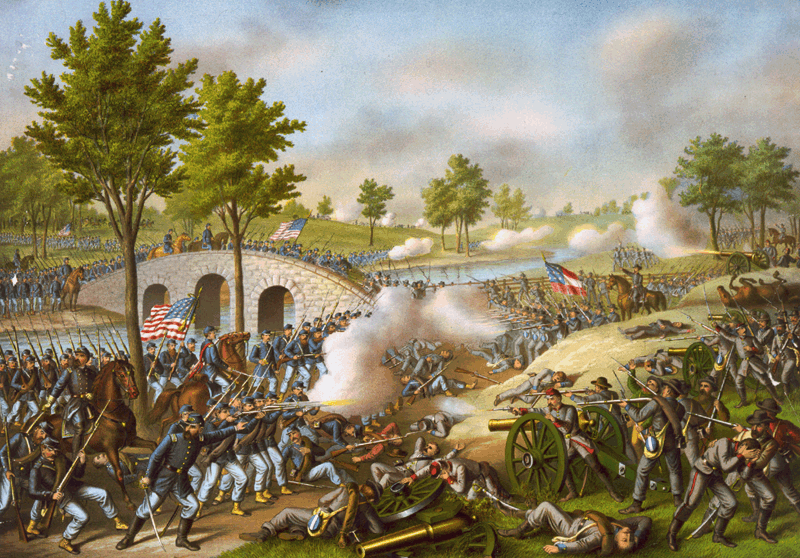It was only last year on seeing an episode of Padma Lakshmi’s Taste the Nation, that I connected the Gullah Geeshee and their cultural heritage with the Sea Islands and their significance to the history of slavery, the Civil War and Emancipation, that I had concurrently been studying. A travelogue piece in the NYT from the previous year interested me further, with its depiction of the region and how it is being endangered by tourism and environmental changes – and ignorance.
Then, on reading this, I was surprised to realise the Gullah Geeshee had touched me, and unbeknownst to me, as a young school girl – a lifetime away and thousands upon thousands of kilometres as birds fly and fish swim. I see before me an orange songbook and there it is: Kumbayah! Do I also remember a “negro spiritual” citation? I think so, but not much more – certainly nothing of its specific origins nor even that it meant “come by here”. What I do remember, is that my class sang it as a round at a regional eisteddfod – I do declare if we didn’t win!
H. Wylie, a Gullah Geechee man, singing “Come By Here” in 1926. It is the first known recording of “Kumbaya.” [ Gordon, Robert Winslow, and H Wylie. Come by Here. Audio. Retrieved from the Library of Congress, <www.loc.gov/item/ihas.200197143/>.]
My imagination may stretch as far as the Georgia, South Carolina shores, but the reality of my life is elsewhere so here is another version. I can’t even tell you how famous The Seekers were in my childhood, and may well explain the song’s popularity in Australia.
Wherever and for whomever – a song of invitation, and an opening of home and heart. Belatedly, but I am glad to have learnt – and by chance – the roots of Kumbaya and little bit about the Gullah Geeshee.

